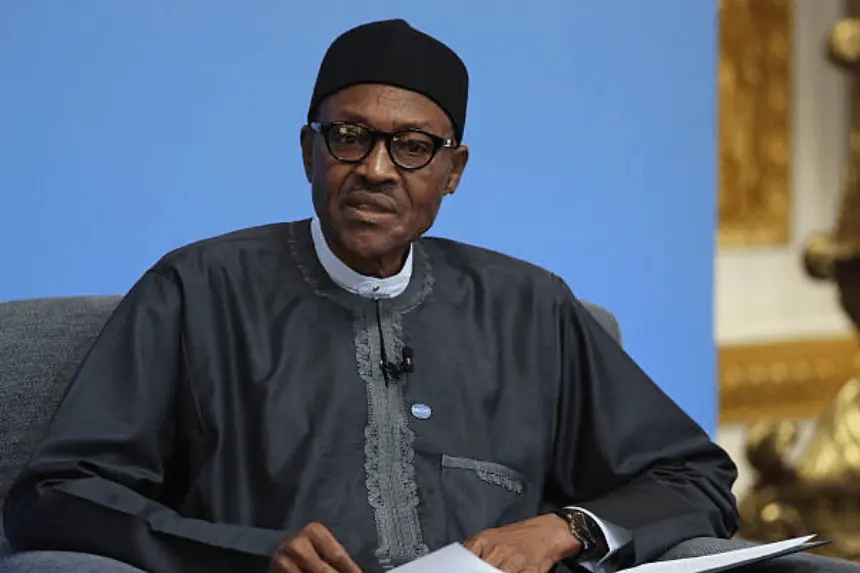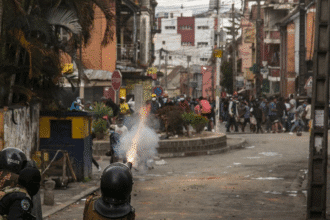Muhammadu Buhari, the former President of Nigeria, passed away at the age of 82 in a London clinic. Buhari, who had a distinguished military background before transitioning into a political figure, is remembered for his controversial presidency and his complex legacy. Known for his discipline and austere leadership, Buhari’s tenure saw both notable victories and significant criticisms in areas like security, economic management, and healthcare. His journey from military rule to elected office reshaped Nigeria’s political landscape.
What Was Buhari’s Political Legacy?
Buhari’s political career was marked by resilience. After three failed attempts, he achieved his historic victory in 2015, becoming the first opposition candidate to defeat an incumbent president in Nigeria’s history. His re-election in 2019 allowed him to serve a second term. Buhari’s policies, however, were divisive. On the one hand, he was admired for his integrity and commitment to fighting corruption, but on the other, his leadership was challenged due to economic setbacks and security concerns, particularly the ongoing insurgency by Boko Haram and ethnic clashes. Here is the link to our article on Government turmoil escalates
How Did Buhari Handle Nigeria’s Economic Challenges?
Nigeria’s economy faced considerable turbulence during Buhari’s presidency. A global slump in oil prices led to Nigeria’s worst economic crisis in decades, and despite Buhari’s promise to address corruption, many Nigerians felt the effects of rising unemployment and inflation. His decision to ban rice imports in an attempt to boost local production caused a sharp price increase, leading to widespread dissatisfaction. By the end of his term, food inflation became one of the most significant grievances among ordinary Nigerians.
What Was Buhari’s Approach to Security and Governance?
Buhari’s promise to defeat Boko Haram, a major Islamist militant group in northern Nigeria, remained largely unfulfilled. While military operations were launched against the group, the insurgency persisted, with one faction even affiliating itself with ISIS. Buhari’s leadership also faced criticism for his perceived leniency toward ethnic Fulani herders in the central region, whose clashes with farmers resulted in significant violence. Additionally, the abduction of schoolchildren by bandits in the north-west further highlighted the challenges faced by the administration in maintaining security. Here is the link to our article on Political Struggles Unveiled
How Did Nigerians View Buhari’s Leadership Style?
Buhari was not known for his charm or political savvy. His image was often seen as aloof and austere. Though he struggled to connect with the masses, especially those outside the northern regions where he had strong support, he maintained a reputation for personal honesty, which earned him the trust of many. His long history in the military, however, made him appear more as a disciplinarian than a politician, and this led to both admiration and resentment. The “Baba Go Slow” nickname given to him due to his methodical and slow decision-making process became symbolic of his leadership style.
Final Thoughts on Buhari’s Leadership and Legacy
The passing of Muhammadu Buhari marks the end of an era in Nigerian politics. While his tenure was often controversial, his impact on the nation cannot be understated. From the military to civilian rule, Buhari’s leadership left Nigeria grappling with both progress and setbacks. Buhari’s presidency, particularly his approach to governance, security, and the economy, will be studied for years to come, as Nigerians continue to assess the effects of his policies.








